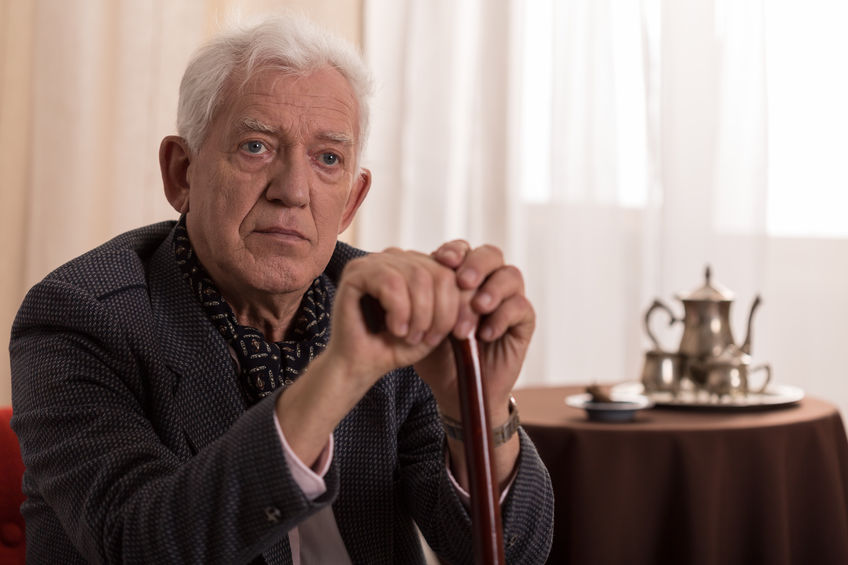⚠️ Test Running in Guest Mode
Important: Your final mark will not be saved.
A1 Physical development Typeit
Type the correct answers into the spaces. Fill all the spaces before clicking ‘Check Answers!’

Ageing may cause a deterioration of health in later adulthood. There may be a decline in bodily . Physical changes associated with ageing can potentially be reduced by following a healthy . However, some may occur simply because there may be a limit to how many times cells can repair themselves. One example of of health is an increased risk of cardiovascular disease. It can be quite common for cholesterol to build up in the walls of the blood vessels in the heart over time, clogging them up. This is known as . This can increase the risk of strokes and heart attacks. The risks can be increased by poor lifestyle choices such as being obese, smoking and lack of .
Individuals also experience degeneration of the sense organs as we age. This includes hearing, vision, taste, , smell and sense of balance. For example, eyesight becomes weaker and the lenses of the eye can become hard and cloudy and form cataracts, which cause blurred . An increase in fluid pressure within the eye, which can damage the optic nerve and can also cause blurry vision and eye pain, is called . Hearing loss can occur as an increase in wax in the outer ear can block sound transmission, and loss of sensitivity of nerve cells in the inner ear decreases the ability to hear high- sounds.
Ageing may also make it more difficult for our bodies to absorb nutrients, meaning that an individual may need to change their diet to ensure they do not become . The body may become less efficient at burning energy. This means an older person might need to reduce the they consume and they may need to increase their intake of iron, vitamin D and vitamin C.
As we age, there is wear and tear of the joints as the protective cartilage at the ends of joints breaks down, and many people experience pain and stiffness in the hips, knees, neck, lower back, hands or feet. This condition is known as . Osteoporosis, a condition in which the bones become less dense, may also be experienced by older people, particularly women, and it can make the bones more fragile and liable to fracture.
Our system can also deteriorate as we age, particularly short-term memory and our ability to learn new things. We may take longer to react to things and to carry out tasks as our nerve impulses become slower. Conditions that cause a decrease in blood flow to the brain can increase the decline of brain function. This may include high blood pressure, diabetes or high cholesterol. A brain disorder that affects a person’s ability to carry out daily tasks and activities is , and this is more likely to occur in older people. There are different kinds of dementia; two of the commonest types are disease and vascular dementia.